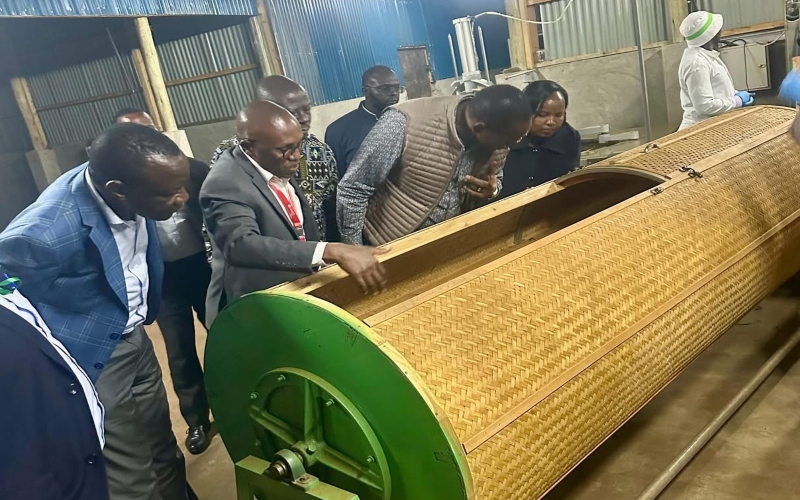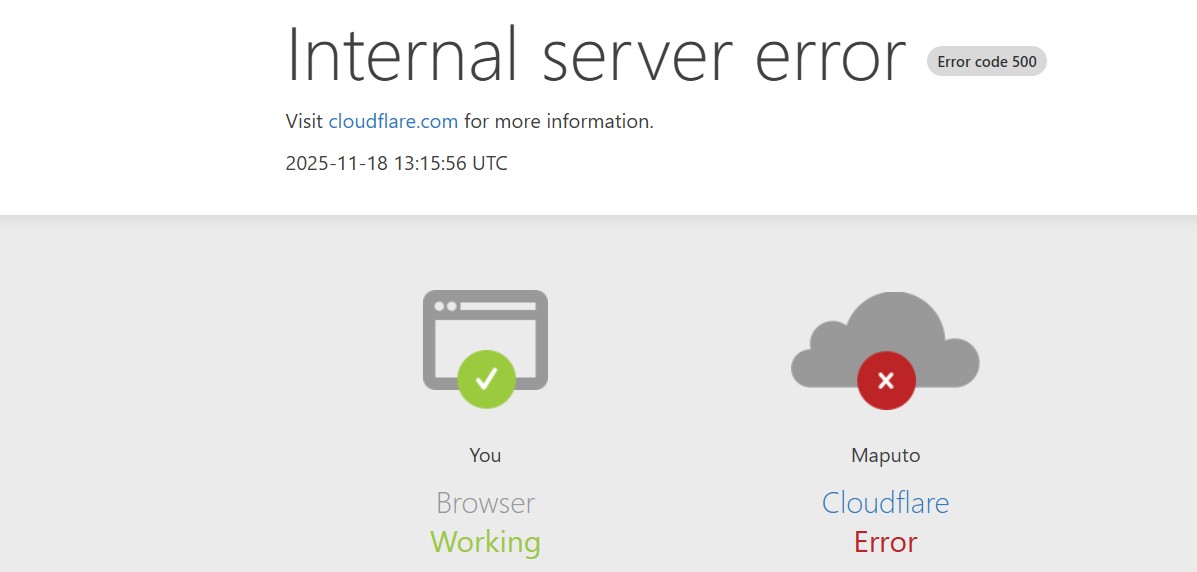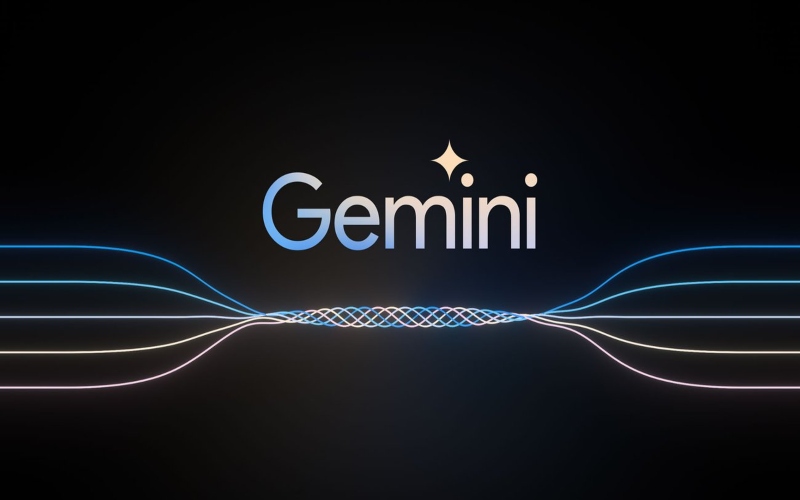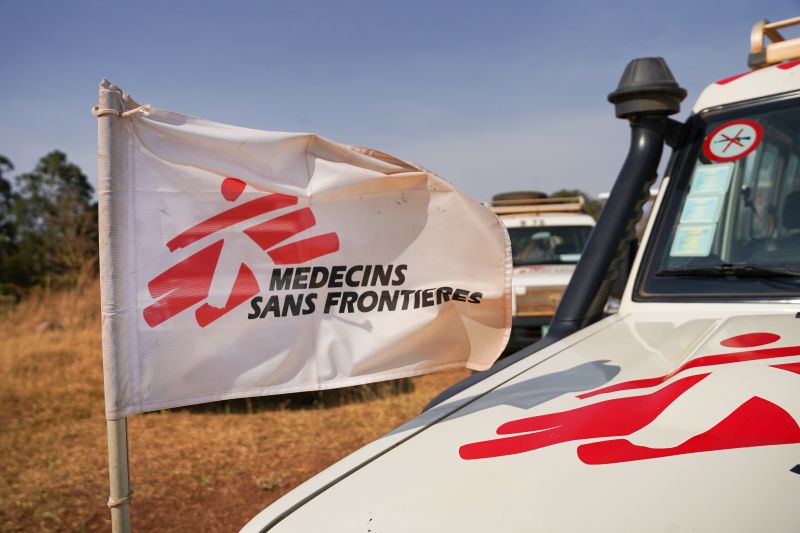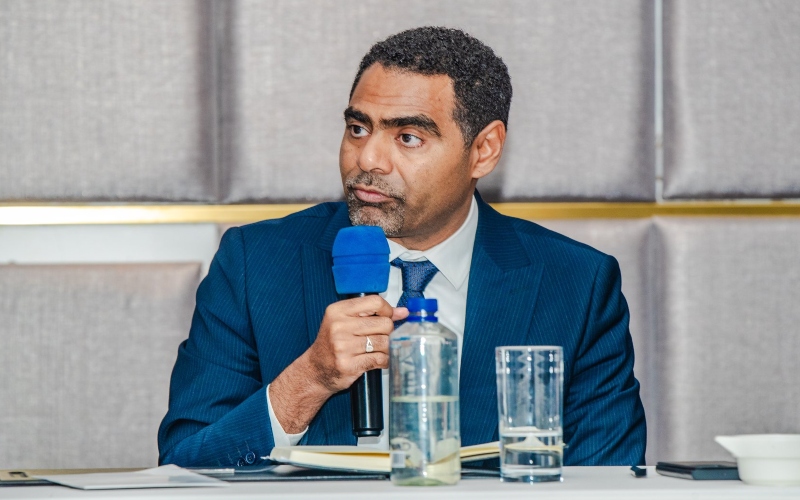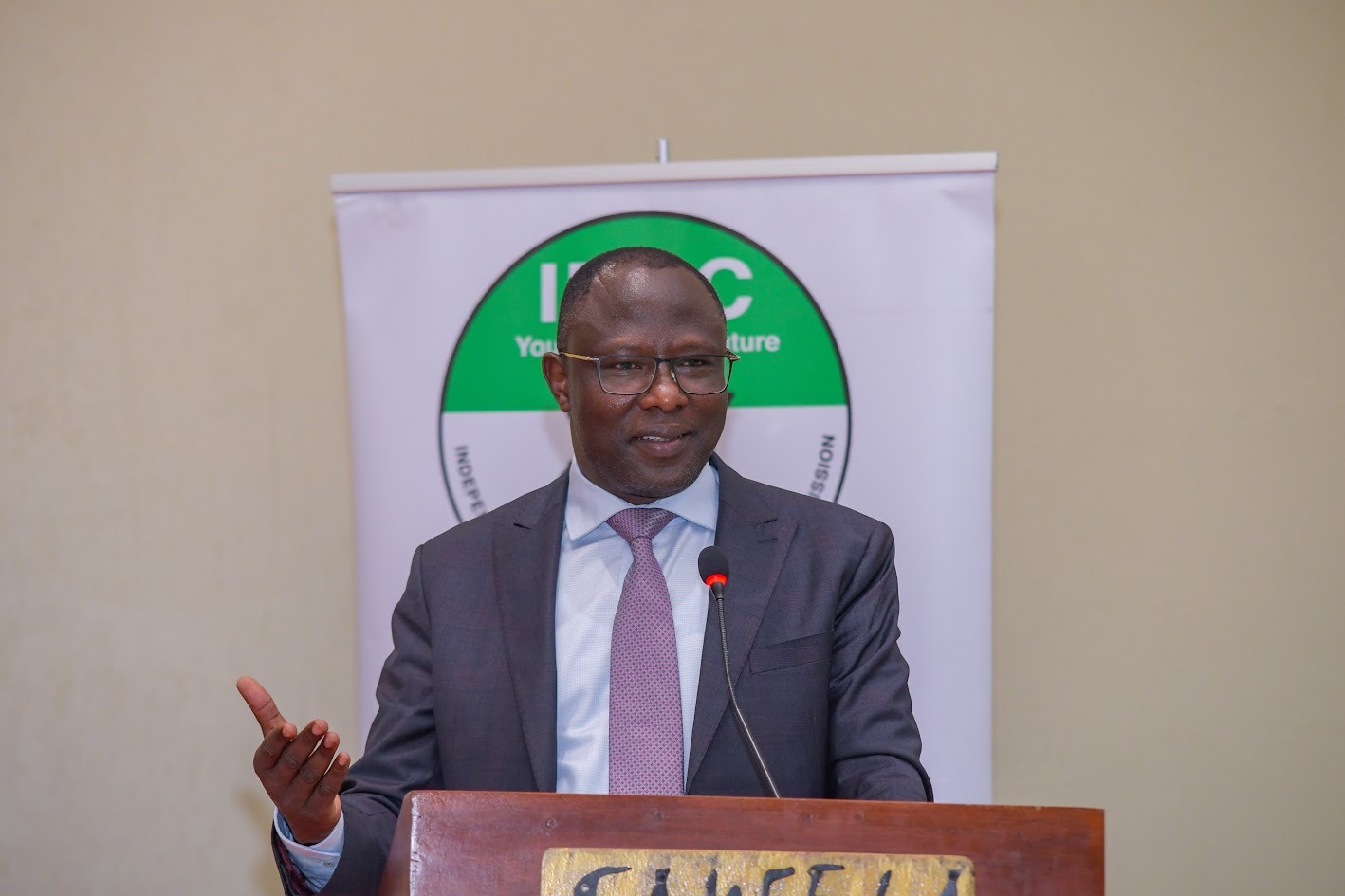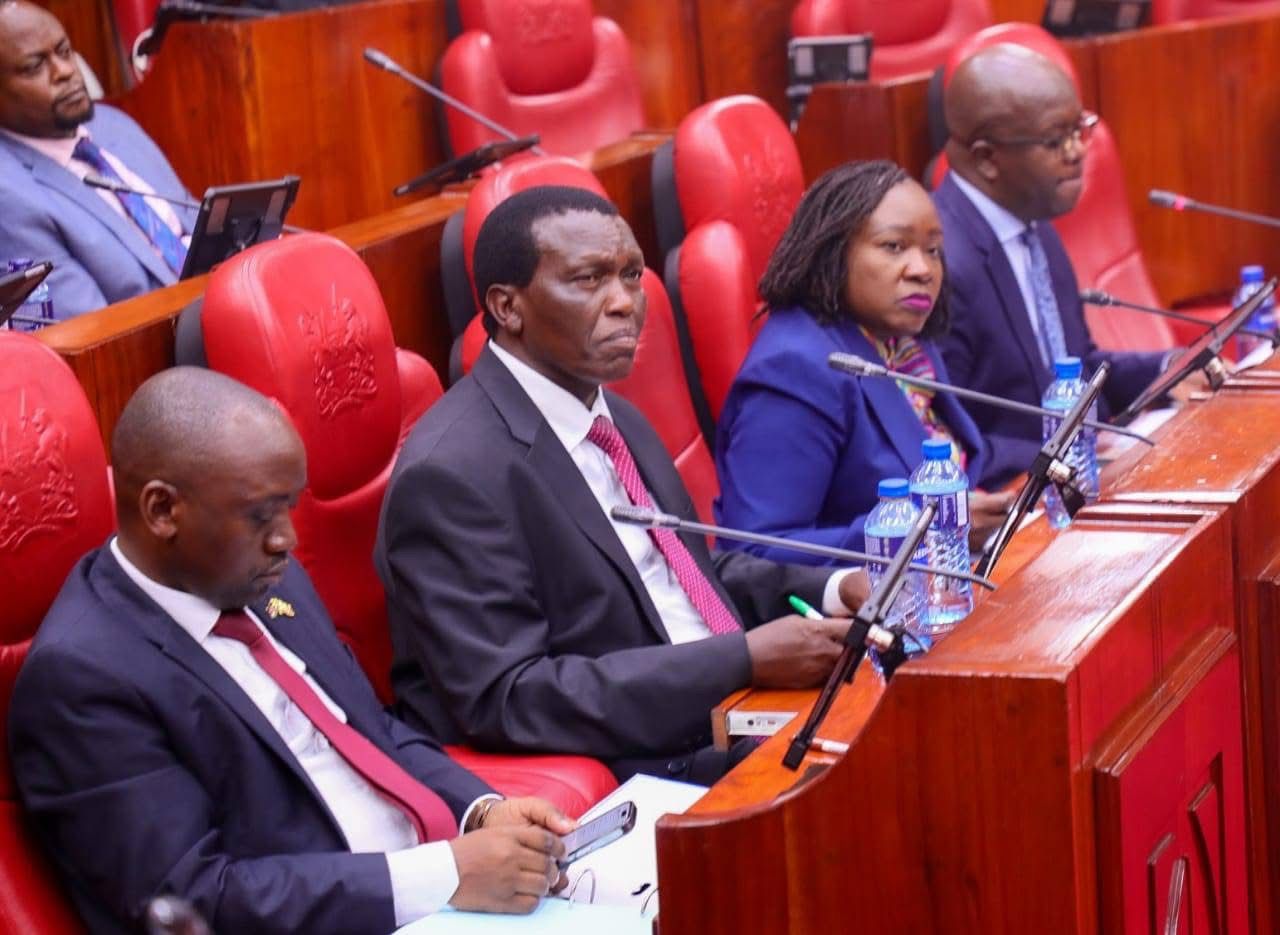Report finds added sugar in Nestlé baby cereals across Africa
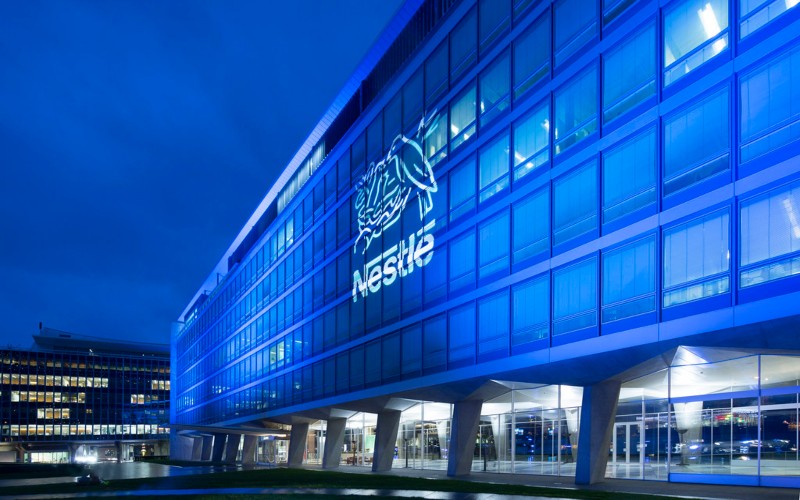
The results show that one serving of Cerelac in Africa contains close to six grams of added sugar on average, roughly equal to one and a half sugar cubes.
Nestlé is once again in the spotlight after fresh tests showed that many of its infant cereals sold across Africa contain added sugar, sparking outrage from health activists and civil society groups.
As reported by Al Jazeera, the findings are contained in a new report released on Tuesday by Public Eye, a Swiss organisation that investigates the conduct of companies operating abroad.
More To Read
- Study shows women under 50 face higher risk of colon growths from ultra-processed foods
- WHO issues first global guidelines on diabetes in pregnancy
- Convenient but dangerous: The hidden health risks of ultra-processed foods
- Artificial sweeteners linked to higher diabetes risk, study finds
- Two weeks without sugar: What I learned about my body, culture and cravings
- Beyond Sugar: Common foods linked to baby tooth decay
The group says its review of Cerelac products sold in African stores revealed added sugar in most of the samples tested.
Public Eye says the results go against the 2022 guidelines by the World Health Organisation (WHO), which caution that introducing sugar to babies can shape long-term eating habits and increase the risk of obesity.
While the cereals sold in Switzerland, Nestlé’s home country, contain no added sugar, the group notes that the company also sells sugar-free versions in European markets such as Germany and the United Kingdom (UK) for babies from six months onwards.
The difference, rights groups argue, shows a lower standard being applied in Africa.
19 civil society organisations from across the continent raised the alarm in an open letter sent to Nestlé CEO Philipp Navratil on November 17.
They said the situation exposes “double standards” and demanded that Nestlé stop selling baby foods with added sugar in Africa.
“If added sugar is not suitable for Swiss and European children, it is not suitable for children in Africa and beyond,” the groups wrote, adding: “All babies have an equal right to healthy nutrition – regardless of their nationality or skin colour.”
Nestlé has defended its record and dismissed the claims, saying the report by Public Eye “contains misleading and unfounded allegations”.
A spokesperson told Al Jazeera that the company applies the same principles everywhere.
“We do not have double standards; our approach to nutrition is consistent across all countries,” the spokesperson said.
“Nestlé is committed to the well-being of children everywhere in the world, and we treat all children equally, irrespective of where they are.”
The company said it sells cereals with and without added sugar in both regions, and that the pricing is aligned across markets.
It further noted that it is “accelerating the rollout of no added sugars variants globally”, adding that such products are already present in 97 per cent of its markets, including Africa. Nestlé aims to reach full global coverage by the end of 2025.
The report comes at a time when health experts are raising concerns about rising weight-related illnesses affecting children in Africa.
WHO data shows that the number of overweight children under five on the continent has nearly doubled since 1990, even as malnutrition remains widespread.
Public Eye says it collected almost 100 Cerelac samples from 20 African countries and had them tested by Inovalys, a food analysis laboratory. 90 per cent of the samples reportedly contained added sugar.
The results show that one serving of Cerelac in Africa contains close to six grams of added sugar on average, roughly equal to one and a half sugar cubes.
The highest amount recorded was 7.5 grams in a product for babies as young as six months sold in Kenya.
Public Eye says these levels are higher than those it found in its 2024 study covering Asia and Latin America, and double the amount detected in India, Nestlé’s biggest market for Cerelac.
Nestlé said it has asked Public Eye for more details on how the tests were done, saying it has not yet received the information.
The company insisted that its labels reflect accurate sugar content, saying: “The sugar content declared on our product packaging is based on rigorous assessments, including via the use of reliable analytical methods by certified laboratories.”
After a similar review last year, Nestlé introduced 14 new sugar-free Cerelac options in India.
Cerelac is one of the leading baby cereals in Africa and is promoted as being “specially designed to meet the nutritional needs” of young children.
Responding to concerns about rising obesity, Nestlé told Al Jazeera that while weight problems affect 5 per cent of children under five, undernutrition remains the main challenge in Africa.
“Regardless of geographical variations in recipes, we never compromise on the nutritional quality and safety of our products,” the company said.
However, Al Jazeera reports that groups that wrote to Navratil remain firm in their position that Nestlé’s practices are harmful.
“Let us be clear: By adding sugar to infant cereals, Nestle is deliberately putting the health of African babies at risk for profit,” they said. “This must end - now.”
Top Stories Today



